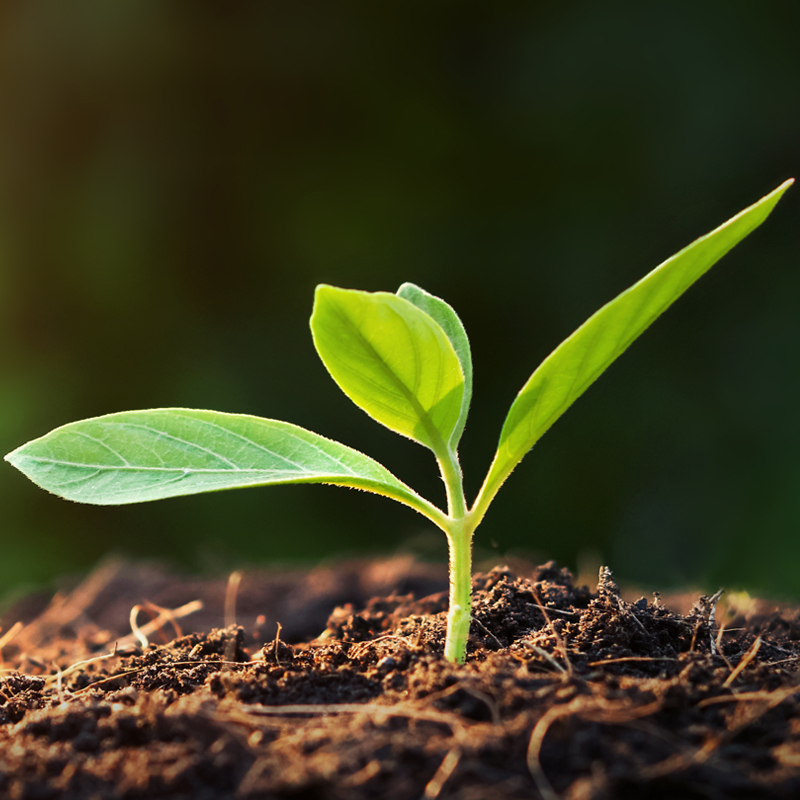

At Matt, “organic” means respecting the entire agricultural ecosystem and the natural fertility of the earth, without using synthetic products or genetically modified organisms, ensuring a responsible use of energy and resources.
Companies in the agri-food sector that intend to be part of the organic supply chain, must submit to the certification set out by the European Commission Regulation 834/2007.
The organic supply chain includes both the primary production of a product and the transformation activity.
With regard to primary activity, the Regulation defines a production method that takes into consideration all those forms of cultivation and breeding which tend to enhance and conserve the organic production systems, without resorting to synthetic chemical products, carrying out a function of environmental protection and conservation of the rural areas. The regulation encourages the best possible use of renewable sources of energy and valorise territorial, environmental and natural resources.
The technical principles essential to organic agriculture are:
- Importance given to the physical and microbiological aspects of the soil and their improvement
- Organic-based fertilization, eventually completed by mineral contributions, preferably of natural origin
- Phytosanitary protection based on prevention possibly supplemented by treatments with products authorized according to specific production norms and certification schemes
- Weed control through cultivation practices and mechanical intervention
- The ban on the use of products and ingredients obtained or derived from genetically modified organisms (GMO)
- The limited use of veterinary medicines
- Systems and forms of breeding that respect a life in accordance with the specific needs of the individual animal species.
